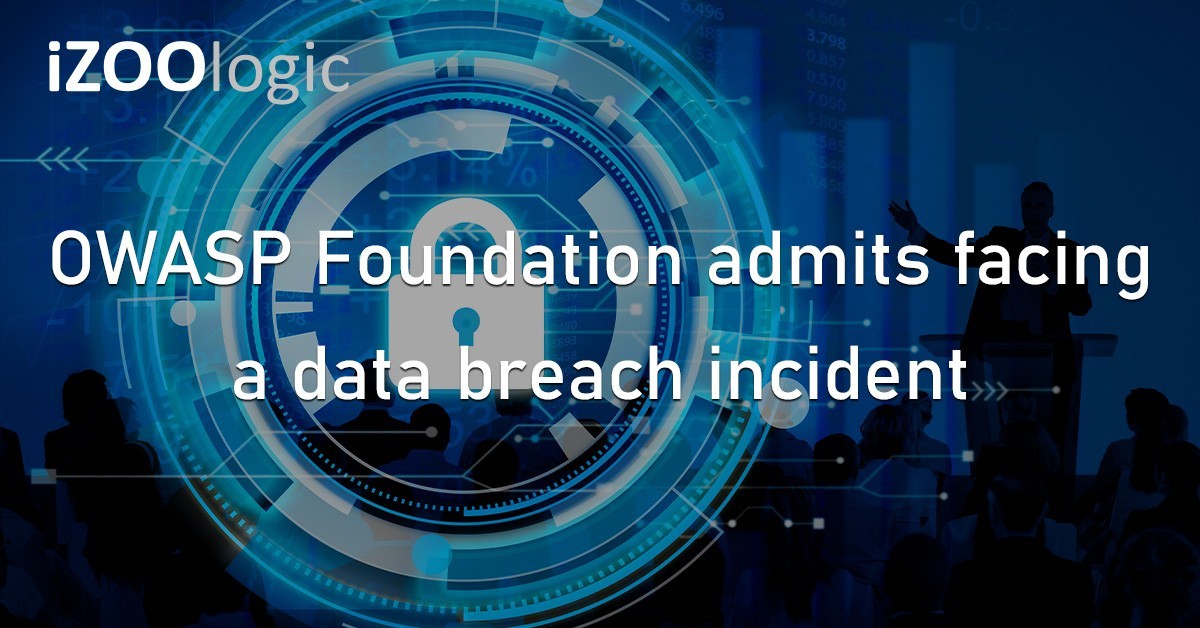OWASP Foundation, a well-known non-profit organisation dedicated to boosting software security, recently disclosed a data breach that impacted some members. Based on reports, the breach occurred due to a misconfiguration in an outdated Wiki web server. This event has raised concerns regarding the exposure of personal data.
The foundation received support requests a couple of months ago, alerting them to the misconfiguration issue with their old Wiki server. Investigation revealed a breach involving member resumes dated from 2006 to around 2014. These resumes included sensitive personal information, such as full names, email addresses, phone numbers, and physical addresses.
During that time, OWASP collected resumes as part of the membership process, but they stopped such practice before the breach occurred. Hence, the data breach incident primarily impacts individuals who were members during that time frame.
The organisation reassures its members that most exposed data is outdated, as the affected individuals are no longer associated with it.
The OWASP Foundation has executed various security measures to address the incident.
The OWASP Foundation responded swiftly to the breach after their experts allegedly executed several measures to mitigate the impact of the incident.
One of these measures includes disabling directory browsing, reviewing server configurations for other vulnerabilities, securing the exposed resumes, and purging the Cloudflare cache. They have also requested that the exposed information be removed from the Web Archive.
While OWASP has already taken steps to remove exposed information from the internet, they advise caution to those whose data may still be relevant. Suppose any personal information, such as current contact details, was included in the exposed data. In that case, members are urged to remain vigilant against potential phishing attempts via email, mail, or phone.
However, some researchers expected OWASP’s proactive response and transparency regarding the breach to exemplify their commitment to member security. Although the incident highlights the importance of robust cybersecurity measures, it could still dent OWASP’s reputation since it is in a field where strong cyber defence is essential.
While the data breach incident may raise concerns, OWASP’s prompt measures and transparent communication are still an example of the ongoing struggle of various institutions against cyber threats. Lastly, potentially affected members should stay informed and take necessary precautions to protect their personal information in an increasingly threatening cybercriminal landscape.
